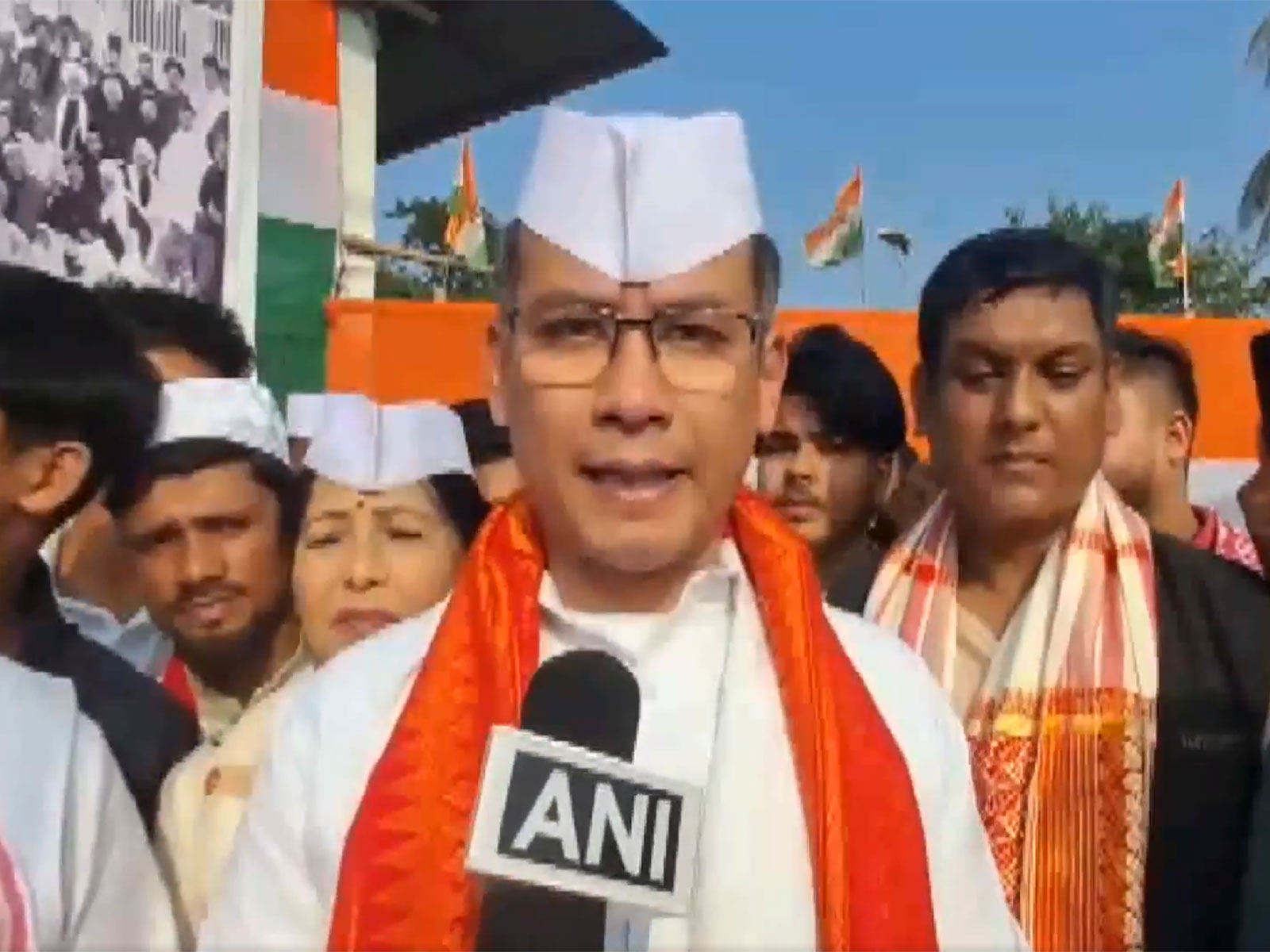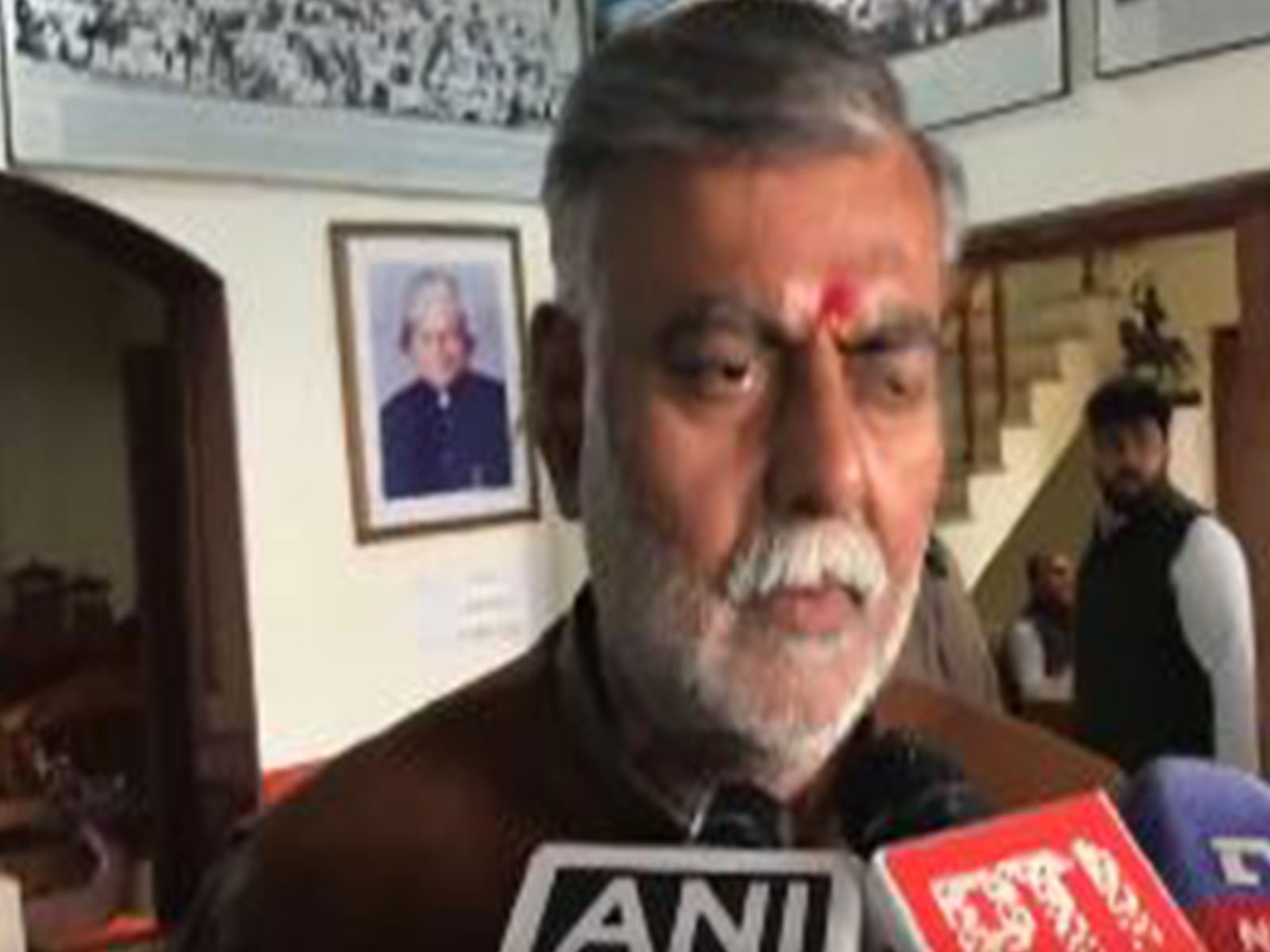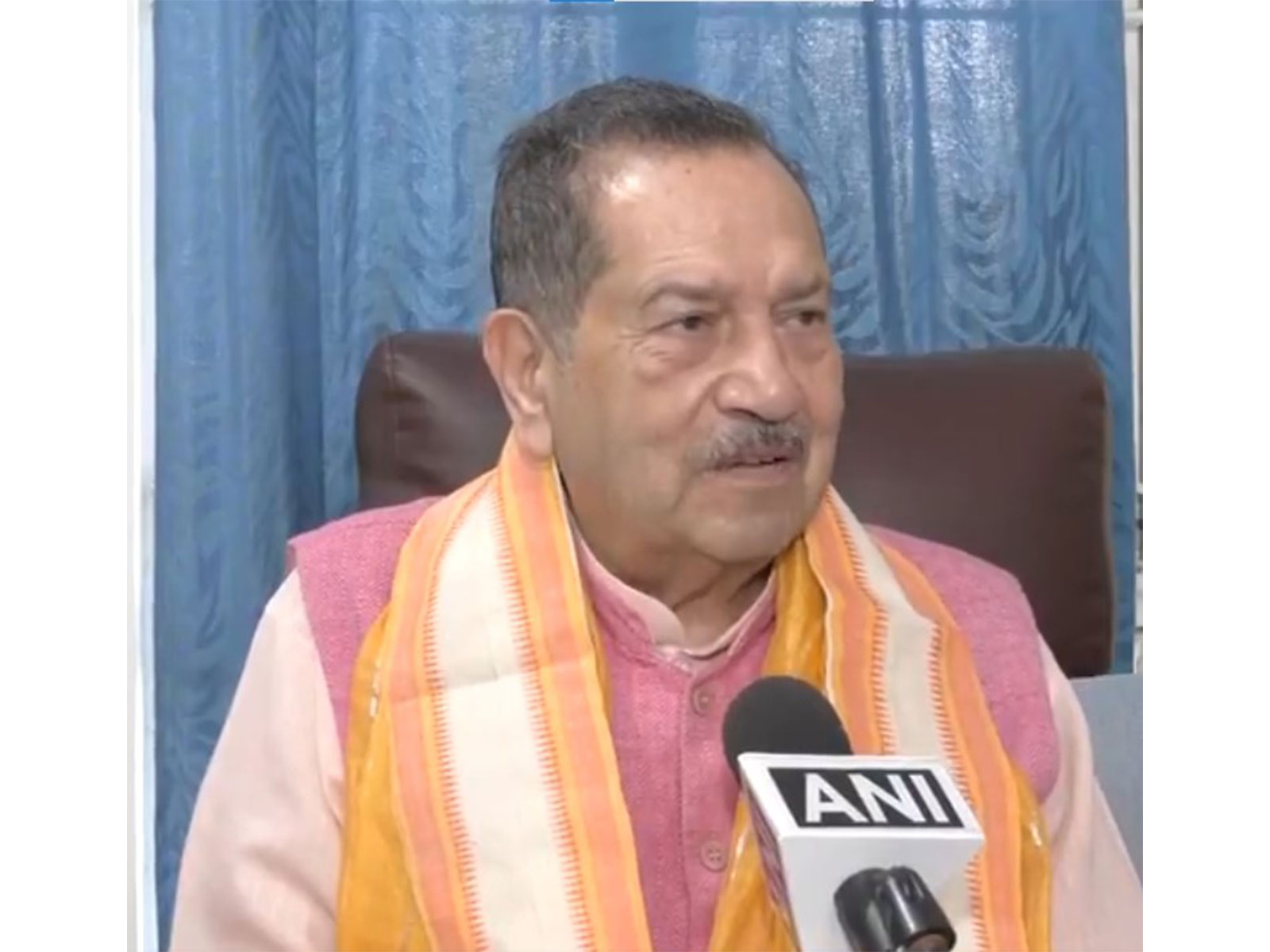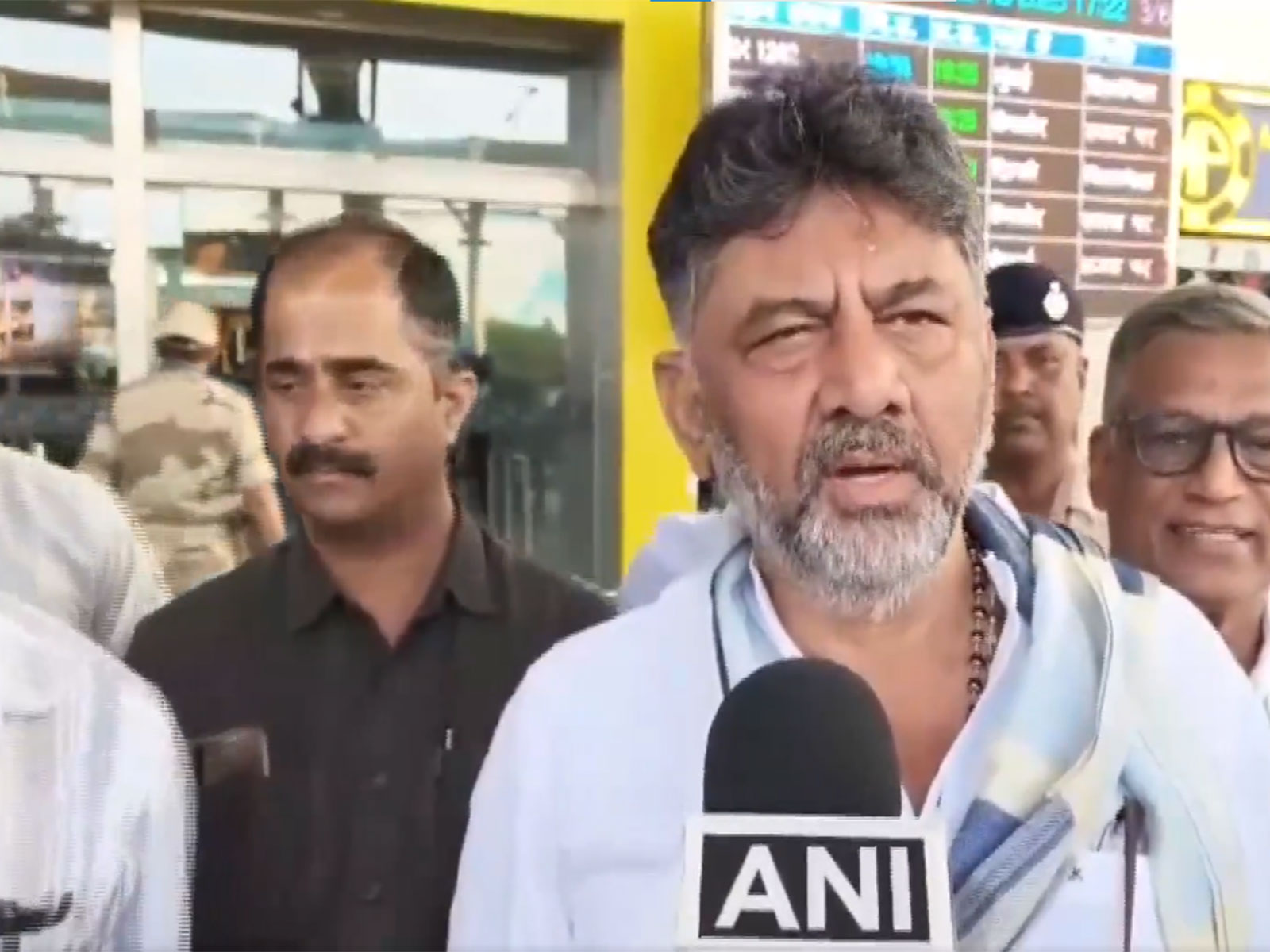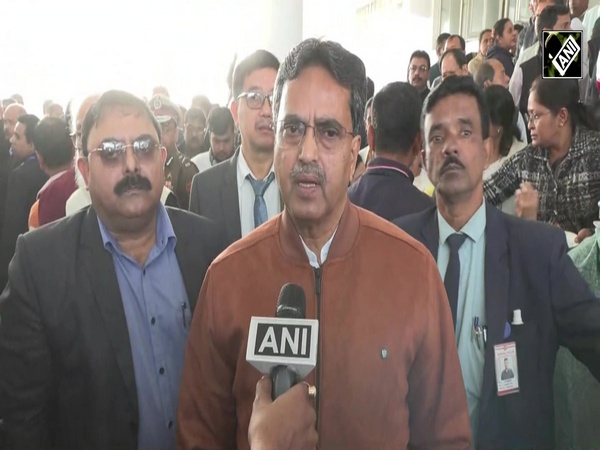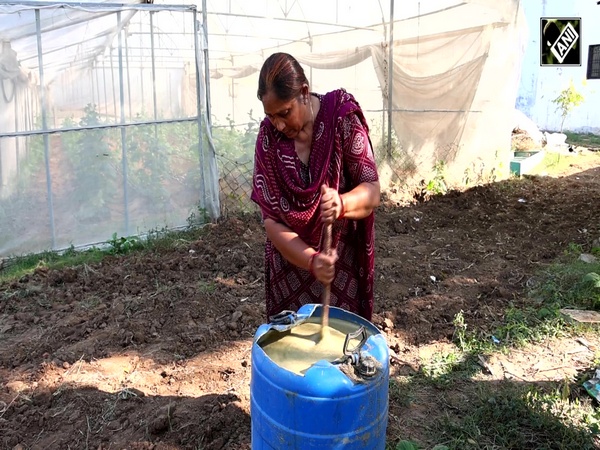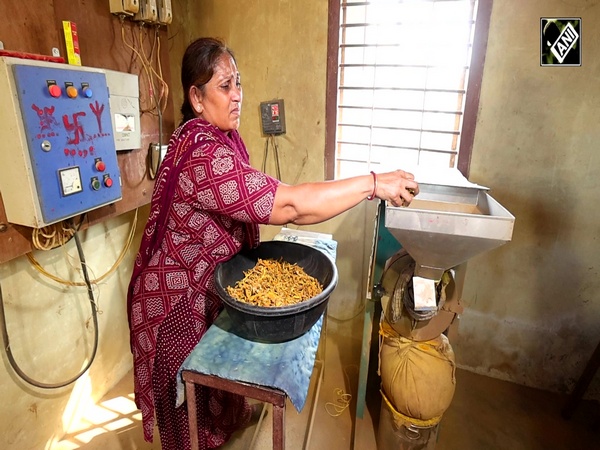Delhi government approves 'New Solar Policy' with plans to meet 25pc annual demand by 2025
Dec 29, 2022

New Delhi [India], December 29 : Aiming to make the national capital India's leading state in solar power generation, the Delhi Government on Thursday gave an official nod to the draft of the New Delhi Solar Policy-2022 on Thursday.
The policy aims to meet 25 per cent of Delhi's annual electricity demand through solar energy by 2025, a jump of three times from 9 per cent in 2022, an official release said.
Deputy Chief Minister and Power Minister Manish Sisodia said, "New solar policy will provide a host of benefits through Generation Based Incentives (GBI) and capital subsidy for residential and commercial consumers in Delhi, besides introducing innovative models of solar deployment."
"With this policy, our aim is to make Delhi a leader in solar energy consumption in not only India but also the world," he said in a statement.
Sisodia added that the policy has been prepared by the Delhi Dialogue and Development Commission (DDCD) after consultations with the industry, consumers, government entities, financing institutions, and clean energy think tanks. Along with increasing solar energy consumption, the policy also aims to generate over 12,000 green jobs in Delhi, he pointed out.
Sisodia said that the policy aims to create a unified single-window state portal managed by the Delhi Solar Cell that will provide information on the benefits of solar PV systems, process-related guidelines, and timeline.
"The government will offer various incentives such as generation-based incentives (GBI) and capital subsidies to encourage citizens to use solar energy solutions," he said.
Power consumers will also have an opportunity for Community Solar and Peer-to-Peer trading, he said.
The incentives include Monthly GBI for residential, group housing societies (CGHS), residential welfare associations (RWAs) and Commercial and Industrial (C&I) consumers for five years from the date of commissioning of the system provided it is commissioned within the operative period of the Policy.
"The monthly generation-based incentives include Rs 3/kWh for residential solar systems up to 3 kW, Rs 2/kWh for residential solar systems above 3 kW, and up to 10kW, Rs 2/kWh for CGHS and RWAs with solar systems up to 500kW (at 10kW per house) will be provided to consumers," the statement said.
"An early-bird GBI of Rs 1/kWh shall be offered for the first time for commercial and industrial consumers for the first 200 MW of solar deployment. For residential consumers, a capital subsidy for mounting structures (raised structures with a minimum ground clearance greater than 6 feet) will be provided at Rs. 2,000 per kW up to a maximum of Rs 10,000 per consumer and adjusted against electricity bills," it read.
Taxes and duties will not be levied on generation from RTS, whether for self-consumption or supplied to the grid, it said.
To increase the uptake of RTS, the policy also encourages new deployment models such as Hybrid RESCO, Community Solar and Peer-to-Peer trading.
A Hybrid RESCO model is envisioned for the first time in India through the draft Delhi Solar Policy 2022 for all consumers. This model enables consumers to access the net metering benefits of solar without making any upfront capital investment by entering into an agreement with their DISCOM, the official release said.
"'Community Solar' will be set in place, and it will enable consumers who do not have a suitable roof for installing a solar system to be owners of a part of a larger solar energy system set by a developer within an available land parcel in Delhi," it said.
'Peer-to-Peer Trading' of solar energy will also be set in place, and it will enable owners of solar energy systems to sell their excess generated electricity in real-time via a P2P energy trading platform.
Apart from the aforementioned benefits to the consumers, the policy also encourages DISCOMS to increase the share of solar energy procured from outside the NCT of Delhi through innovative models such as RE-RTC (Renewable Energy - Round the Clock) which combines a host of renewable energy sources (solar, wind etc.) alone with appropriately sized battery storage to provide round-the-clock power as per the demand curve of Delhi.
